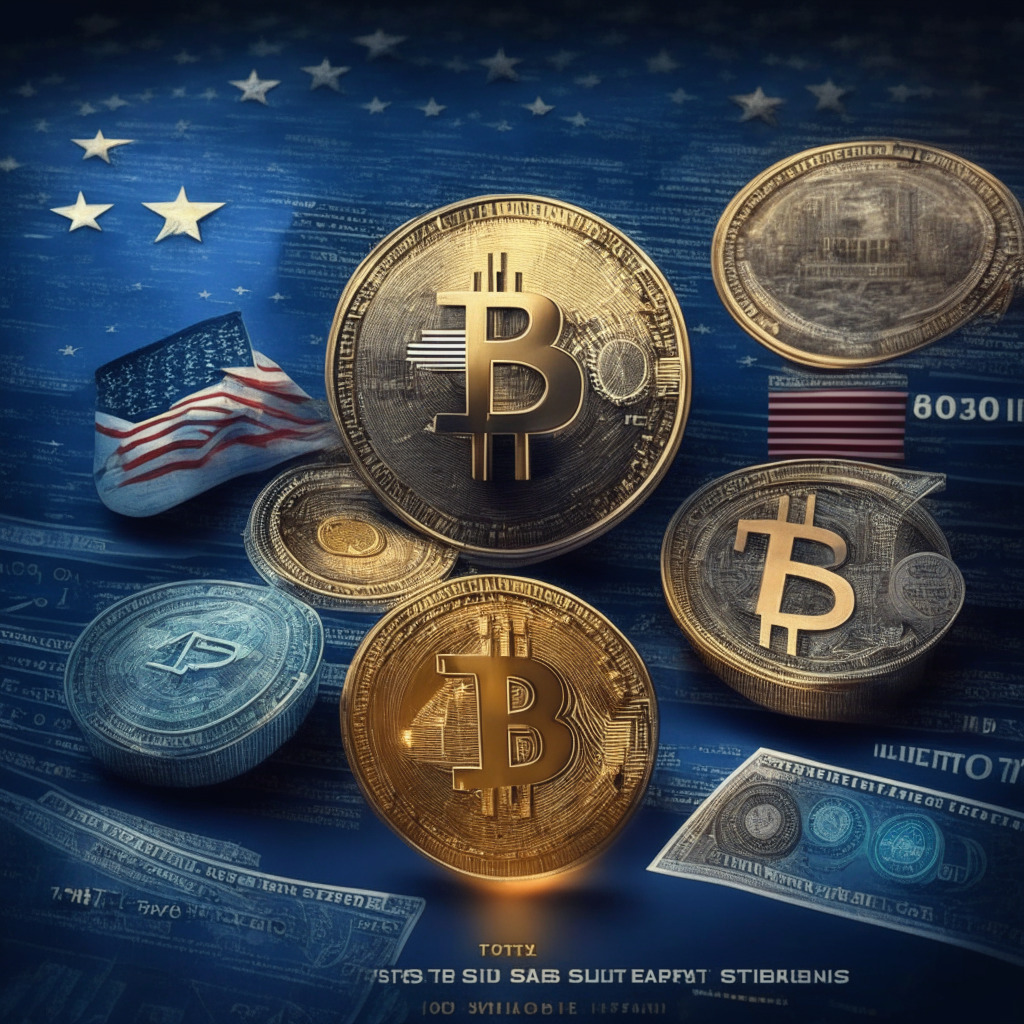In a third amended complaint, plaintiffs in a class action lawsuit against Tesla CEO and Twitter owner Elon Musk are making fresh allegations centered around Dogecoin (DOGE) and insider trading. Among them: That Elon Musk himself “manipulated the market of Bitcoin.” The complaint also alleges that Musk took on significant responsibility for the Dogecoin enterprise as a whole, supposedly creating a fiduciary relationship required to state a claim for insider trading.
Dogecoin enthusiasts reportedly chose Musk as “CEO,” which the lawsuit claims indicates his responsibility for the cryptocurrency. However, it’s not clear exactly how Musk took on this responsibility. Plaintiffs claim that Musk and Tesla artificially inflated the price of Dogecoin to profit from it, intentionally making material misrepresentations to Dogecoin investors and becoming unjustly enriched by billions of dollars due to undisclosed sales of Dogecoin based on insider information.
This case highlights the debate surrounding the regulation and oversight of cryptocurrencies. While some argue that increased regulation is necessary to protect investors and prevent manipulation, others maintain that the rapidly evolving cryptocurrency market should be allowed to develop without heavy-handed oversight. A key point of contention in the lawsuit is whether Dogecoin is a security subject to the court’s jurisdiction under the Exchange Act, as the plaintiffs allege, or whether it is not, as the SEC has not designated it as such.
The lawsuit, originally seeking $258 billion, was first filed in June 2022. It cited Musk’s tweets and comments about Dogecoin going back to 2019, alleging that he is a “partner in the Dogecoin Crypto Pyramid Scheme” and has committed wire fraud, gambling, negligence, and deceptive practices. However, Musk’s lawyers claimed that he did not break any laws by tweeting “funny pictures about a legitimate cryptocurrency.”
One significant development in the case came after Tesla bought $1.5 billion worth of Bitcoin in February 2021 and announced that it would accept payments in BTC. In May of the same year, Musk announced that Tesla would not accept Bitcoin for purchases, citing environmental concerns. This decision raised questions about the relationship between Musk’s influence on cryptocurrency prices and his actions as CEO of Tesla.
While some see the legal action against Musk as a necessary step toward greater regulation and transparency within the cryptocurrency market, others may view it as an example of overreach that discourages innovation and growth in the industry. As the case unfolds, it will be interesting to see how the court navigates these complex issues and the potential impact on the future of cryptocurrency regulation.
Source: Blockworks




